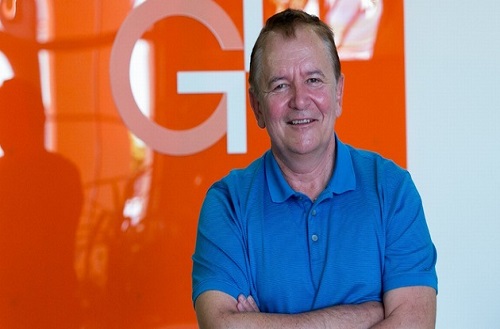- Services
Technology Capabilities
Technology Capabilities- Product Strategy & Experience DesignDefine software-driven value chains, create purposeful interactions, and develop new segments and offerings
- Digital Business TransformationAdvance your digital transformation journey.
- Intelligence EngineeringLeverage data and AI to transform products, operations, and outcomes.
- Software Product EngineeringCreate high-value products faster with AI-powered and human-driven engineering.
- Technology ModernizationTackle technology modernization with approaches that reduce risk and maximize impact.
- Embedded Engineering & IT/OT TransformationDevelop embedded software and hardware. Build IoT and IT/OT solutions.
- Industries
- GlobalLogic VelocityAI
- Insights
BlogsGlobalLogicJuly 27, 2023Exploring Snowpark and Streamlit for Data Science
I’m Janki Makwana, a Data Scientist at GlobalLogic. I have been working with a major re...
 BlogsJuly 18, 2023Manik Jandial
BlogsJuly 18, 2023Manik JandialView on payment industry modernisation: Enablers of change
Welcome to the second part of our two-part series on the evolving payment industry! In ...

- About

Considered by many to be the godfather of the IT industry in Wroclaw, Krzysztof Kuliński is the head of GlobalLogic's Poland business. The online news site wroclaw.pl talks to Krzysztof about life, business and family.
